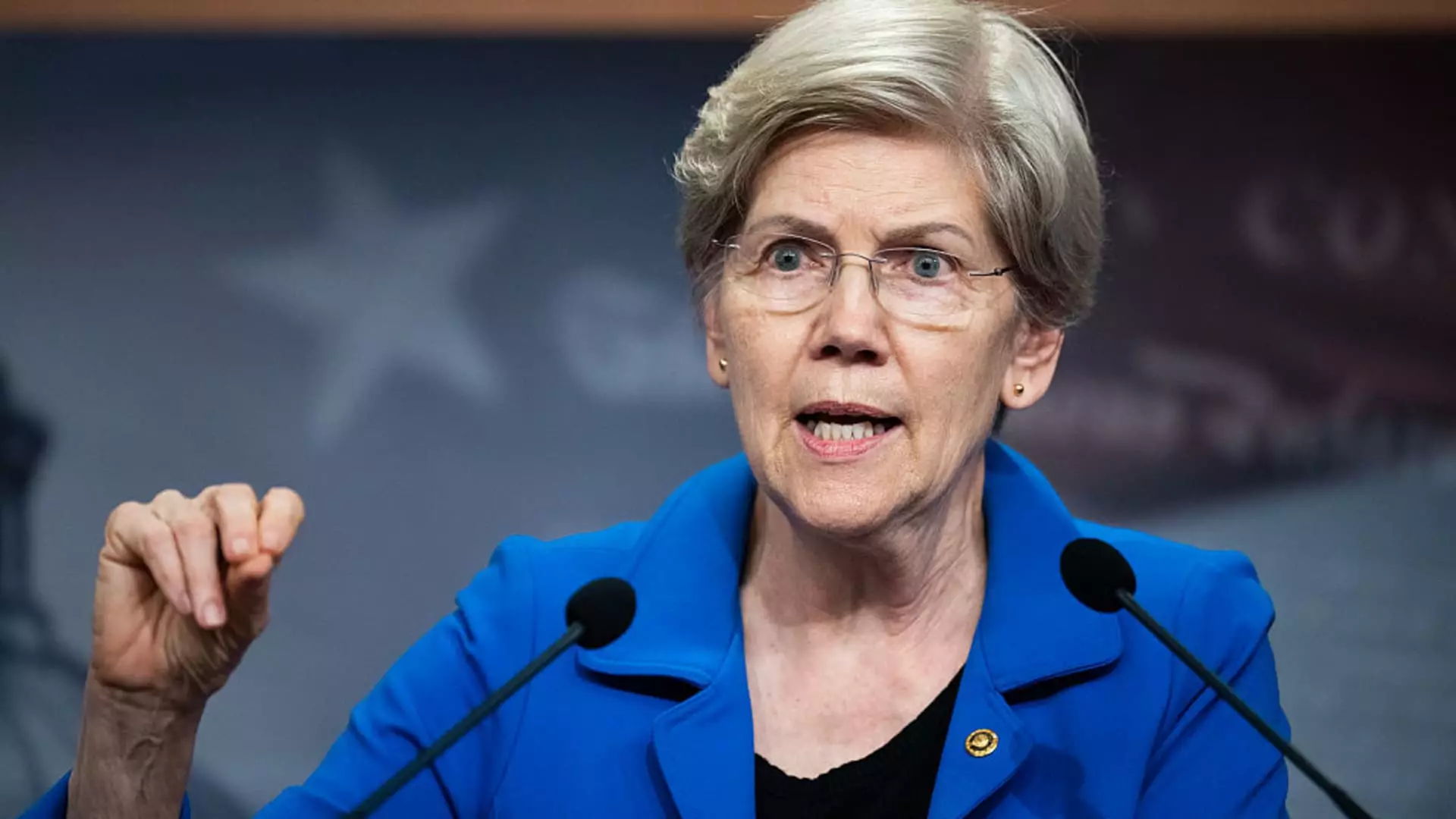In recent months, a growing concern has emerged among Democratic lawmakers who see President Trump’s trade policies as more than just economic strategy; they are warning that these policies reflect a precarious blend of opportunism and corruption. The once straightforward world of tariffs has morphed into a playground for favoritism and self-dealing, with the potential to enrich a select group while jeopardizing the broader American public’s economic interests. Under the guise of promoting American industry, Trump’s administration seems hell-bent on developing an informal underground market where tariffs are not tools for national advantage but rather bargaining chips in a game of personal gain.
Concerns from the Legislature
In a letter addressed to key figures within the Trump administration, a collective of 47 lawmakers, spearheaded by influential voices like Senator Elizabeth Warren and Representatives Judy Chu and Linda Sánchez, sounded the alarm on the abusive opportunities tariffs provide. Their concerns dig deeper than mere figures; they shine a light on a troubling trend where policy decisions may be unduly influenced by personal relationships and financial motivations. For instance, the recent exemption of smartphones and other electronics from tariffs has sent ripples through the market, particularly boosting companies like Apple and its CEO Tim Cook, who has cleverly fostered his ties with Trump. Therein lies the insidious influence of cronyism—where business acumen and political connections become conflated, leading to the manipulation of policy for parochial interests.
Weaknesses in Legislative Power
The Democrats’ struggles highlight an essential aspect of governance in the current political climate: the limited capacity of the minority party to enact meaningful checks on executive power. Typically, measures like hearings and subpoenas serve as vital tools for oversight; however, the minority status of Democrats in both chambers leaves them in a reactive position. They can protest and alert the public, but substantive action remains frustratingly out of reach. This predicament only intensifies the feeling of desperation, as lawmakers rally against policies they perceive as not just flawed, but potentially corrupt.
Creating the Perfect Storm for Corruption
As the trade war continues to unfold, it becomes increasingly clear that Trump’s tariff strategies may be fostering an environment ripe for corruption. The shifting landscape of exemptions, paired with the administration’s erratic approach to trade, presents myriad opportunities for insider trading and ethically dubious arrangements. Such practices threaten to erode trust in the very fabric of government, as private interests seep into public policy. If these trends persist, they could potentially lead to a scenario where not only does the economy suffer, but so too does the integrity of leadership.
In appealing for transparency and accountability from key administration members, Democratic lawmakers underscore their commitment to protecting the integrity of governmental operations against the murky waters of self-serving agendas. Their alarm could serve as a wake-up call, emphasizing that when tariffs become tools of personal leverage, they cease to serve their intended purpose and instead risk becoming a symbol of corruption within the political system.



Leave a Reply